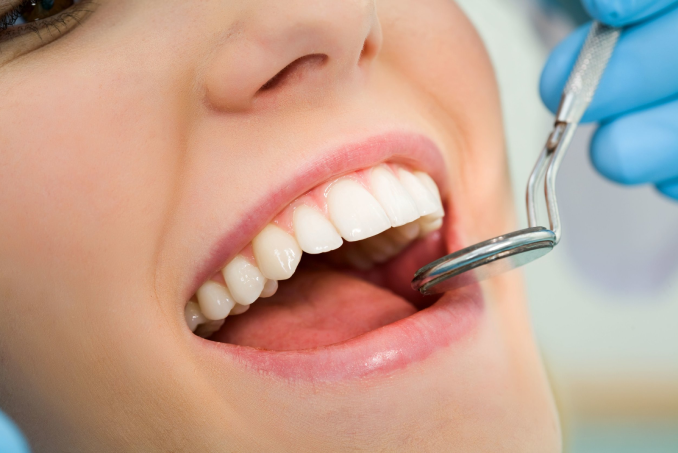Why Should You Should Select An Oral And Maxillofacial Surgeon
Why Should You Should Select An Oral And Maxillofacial Surgeon
Blog Article
Trusting any kind of surgery to a doctor you are not familiar with is often a decision that ought to never to be used lightly.
An oral and maxillofacial surgeon is often a formally trained healthcare specialist. All dentists, whether are general or specialists, spend eight years in undergraduate college and dental school earning a DDS or DMD degree. A dental and maxillofacial surgeon spends yet another four to six a lot of advanced training after dental school, in the hospital-based environment. Following dental school, oral surgeons complete a a minimum of 4 years in hospital-based surgical residency programs, where they train alongside medical residents in internal medicine, general surgery, and anesthesiology, whilst spending some time in emergency medicine, benh vien rang ham mat tp hcm, and otolaryngology. Their training focuses almost exclusively on the bone, skin and muscle with the face, mouth, and jaws. Additionally, some oral surgeons, get yourself a medical degree (MD) in addition to their dental doctorate(DMD).
Once in reality, an oral surgeon focuses primarily on performing surgeries. These procedures range from the following: complicated teeth extractions, dental implant placement, repair of bone fractures inside the jaws and face, removal of cysts and tumors with the jaws, cosmetic and TMJ surgeries, soft tissue biopsies, jaw realignment surgery to correct bite discrepancies.
Some community-based oral surgeons may not perform the more complex operations within his or her daily practice. However, its most probably any dental surgery procedure performed occasionally with a general dentist is carried out routinely by an oral surgeon; this could result in statistically better patient outcomes. The outcomes of a recently available survey published in the Journal with the American Dental Association demonstrate that dental implant survival and results in oral and maxillofacial surgery practices are significantly greater than identical procedures carried out by general dental practitioners.
Through extensive surgical training, oral surgeons are also subjected to many complications that may arise from performing the different dental surgeries. While a general dentist may go through comfortable using a dental surgery procedure giving you, exactly the same dentist may well not feel relaxed managing complications arising from that procedure. An oral surgeon will be capable of either avoid or manage the complications that arise coming from a surgery he / she performs.
Licensed dentists can choose to do any dental procedure in which they may be comfortable. However, it can be hard for general dentists to continue feeling competent with all of dental surgeries, a few of which they've got had only not a lot of experience in their dental schooling. Reputable dentists will treat only the conditions with which they think comfortable and can refer you to an expert for some thing complicated.
In the long run, your final decision to find out a verbal surgeon is predicated partially about the recommendation from the general dentist but in addition on your own confidence in realizing that you might be seeing someone that performs the task you will need daily. By picking a residency trained oral and maxillofacial surgeon, you're deciding to see somebody who has undergone a rigorous specialty program and has experience performing the task you will need and experience of treating potential complications that could arise.
CONDITIONS AN ORAL SURGEON SHOULD TREAT
In the same way they're worth ask your household doctor to do heart surgery, there are specific procedures that should basically be carried out by oral surgeons, who've extensive education, training, and surgical expertise.
Perform complex tooth extractions, including removing impacted teeth, such as wisdom teeth.
Evaluate, plan training of treatment and set dental implants to change more than one teeth.
Surgically reconstruct inadequate bone structure within the jaw area.
Treat accident victims who suffer head or neck trauma as well as injuries towards the face, jaws, mouth and/or teeth.
Treat patients with tumors and cysts of the jaws.
Diagnose and treat oral cancer and also other diseases within the maxillofacial region.
Perform facial benh vien rang ham mat procedures to further improve facial appearance.
Diagnose and treat facial pain due to conditions including TMJ (temporomandibular joint disorder).
Diagnose and surgically treat obstructive sleep apnea.